One of the most important figures in the British theatre industry in recent years, Dominic Dromgoole has since lent his talents to a different medium, directing Making Noise Quietly. Having been faced with many challenges across his illustrious career, he now faces a new one: to run through his very favourite movies of all time in this celebrated feature series exclusive to Hot Corn.
 What’s the first film you ever fell in love with? Probably 12 Angry Men. I love the acting, the sense of anger. It’s about people changing their minds through the process of engagement with each other, and this is an explicit example of 12 people changing their mind through the process of engagement with each other, and I think that’s a rather miraculous ting to show, how a group of people come into a room thinking their set in one way in their head, and at the end of 90 minutes can be set in a completely different way through the process of encounter with each other.
What’s the first film you ever fell in love with? Probably 12 Angry Men. I love the acting, the sense of anger. It’s about people changing their minds through the process of engagement with each other, and this is an explicit example of 12 people changing their mind through the process of engagement with each other, and I think that’s a rather miraculous ting to show, how a group of people come into a room thinking their set in one way in their head, and at the end of 90 minutes can be set in a completely different way through the process of encounter with each other.
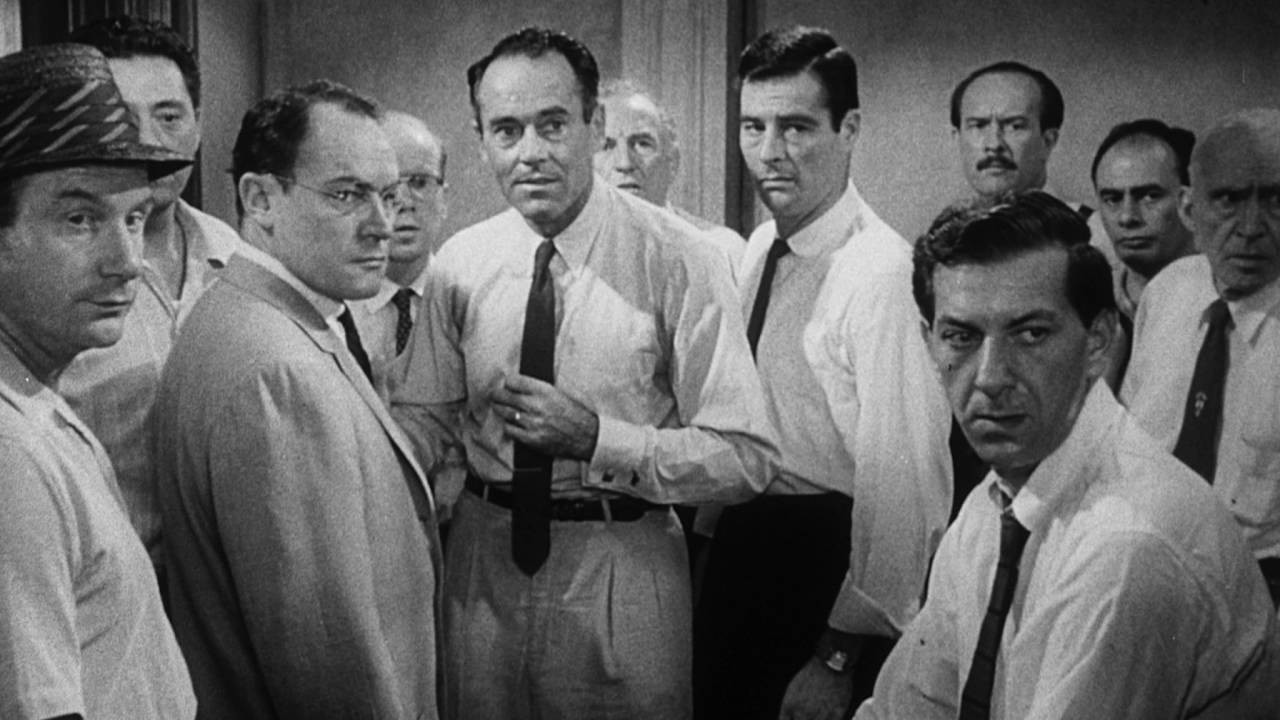
 What’s the film you never get tired of watching?
What’s the film you never get tired of watching?
Oh Lord. Well you can never really tired of Team America. It’s just always grossing you out in ways that you couldn’t possibly have anticipated, and it’s always going far too far, which is always a pleasure.

 What is your favourite soundtrack? It’s probably Psycho, the Bernard Hermann one.
What is your favourite soundtrack? It’s probably Psycho, the Bernard Hermann one.
 What’s your guilty pleasure? I spent some time with Geoff Dyer last year and he wrote that wonderful book about the film Where Eagles Dare, that dreadful film with Richard Burton and Clint Eastwood that you just always enjoy and you can never quite work out why you enjoy it. Geoff wrote this lovely book about why it’s perennial and why every time he goes back to it he loves it more and more. So I’ll pop for that.
What’s your guilty pleasure? I spent some time with Geoff Dyer last year and he wrote that wonderful book about the film Where Eagles Dare, that dreadful film with Richard Burton and Clint Eastwood that you just always enjoy and you can never quite work out why you enjoy it. Geoff wrote this lovely book about why it’s perennial and why every time he goes back to it he loves it more and more. So I’ll pop for that.
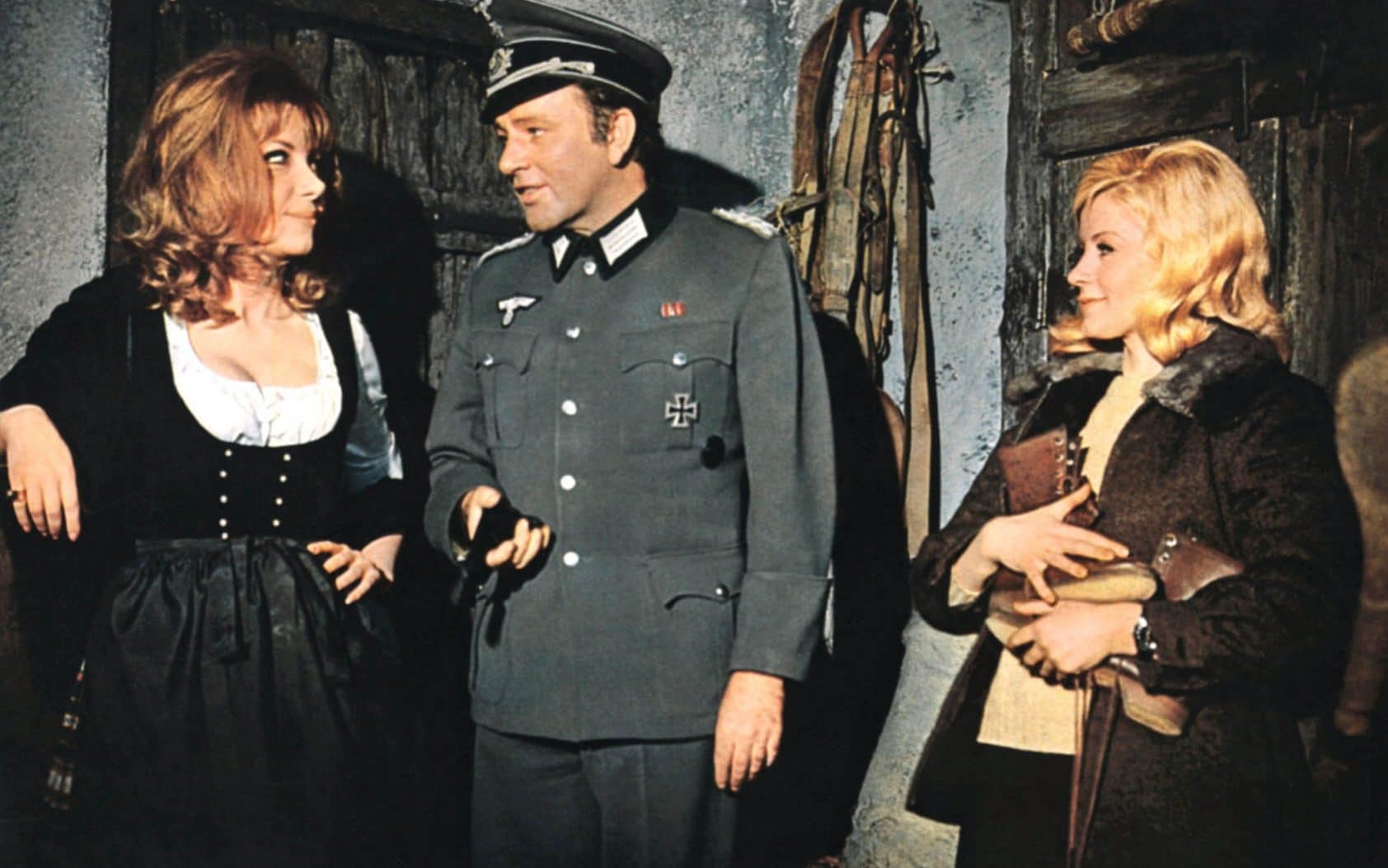
 What’s the one scene that always makes you cry? Oh, it’s Casablanca and the scene where they sing La Marseillaise. It destroys me.
What’s the one scene that always makes you cry? Oh, it’s Casablanca and the scene where they sing La Marseillaise. It destroys me.
 What’s your favourite film adaptation of a Shakespeare play? Chimes of Midnight. It’s the spirit somehow, it gets right to the heart of the play but does it by making very bold choices, and there’s an element of expressionism in it which is almost like Beckett, but there’s a brutal realism in the battle, and a great sense of carnival and fun when there has to be a great sense of carnival of fun. I think the great thing about Shakespeare is that whatever direction he would go in, he goes all the way, all in. Orson Welles caught that.
What’s your favourite film adaptation of a Shakespeare play? Chimes of Midnight. It’s the spirit somehow, it gets right to the heart of the play but does it by making very bold choices, and there’s an element of expressionism in it which is almost like Beckett, but there’s a brutal realism in the battle, and a great sense of carnival and fun when there has to be a great sense of carnival of fun. I think the great thing about Shakespeare is that whatever direction he would go in, he goes all the way, all in. Orson Welles caught that.
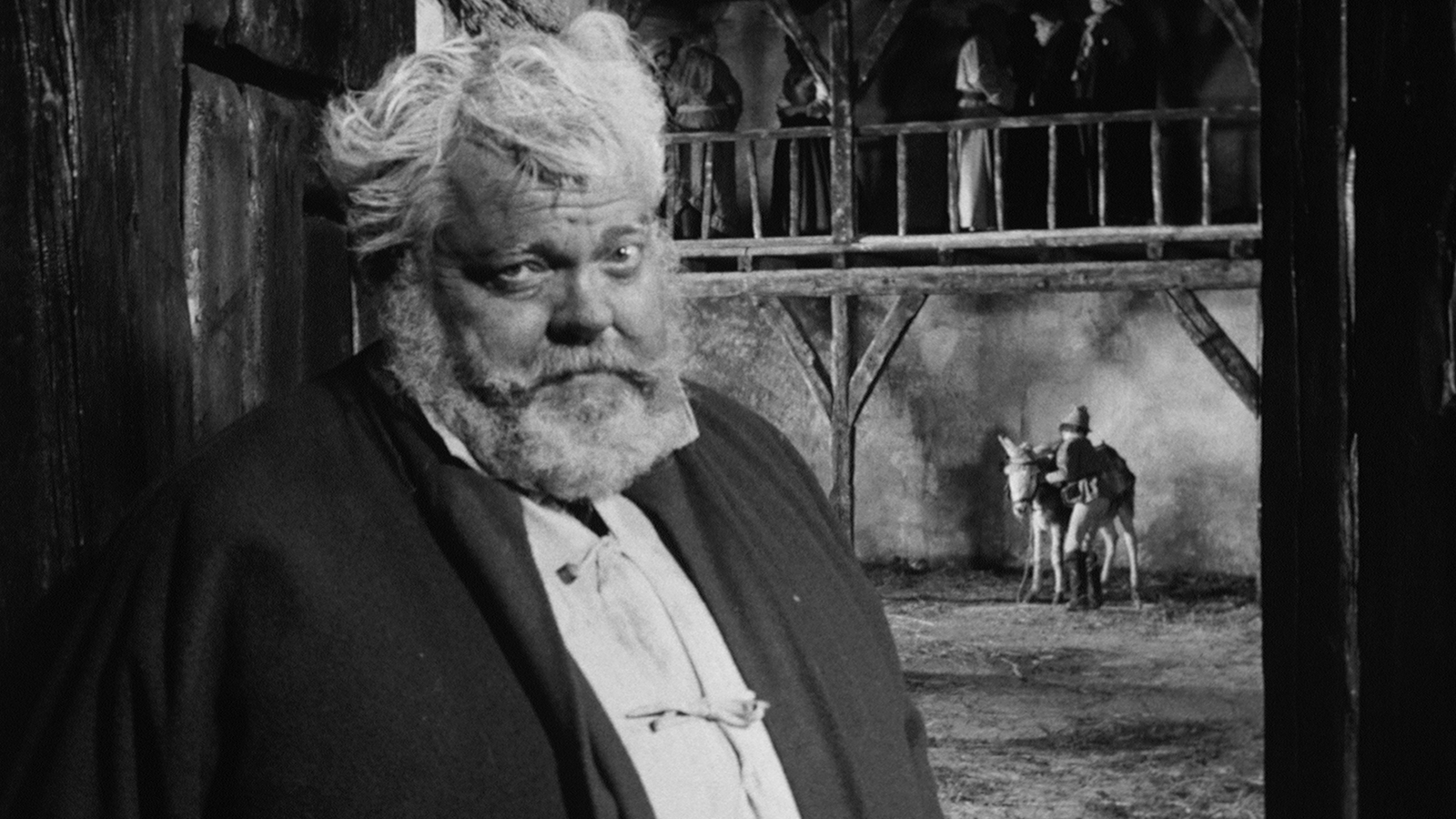

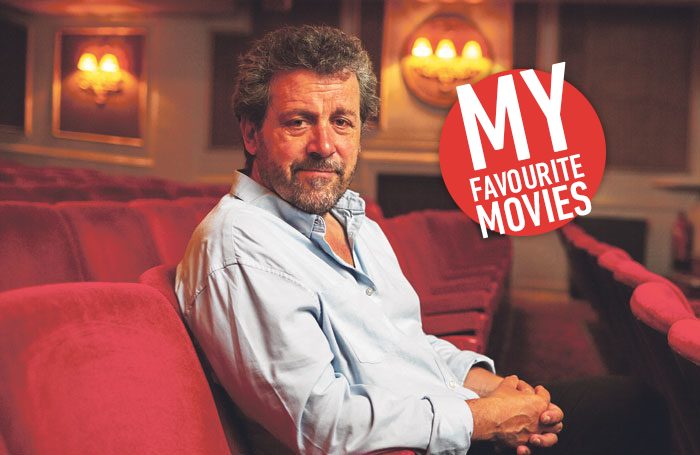
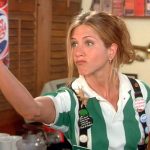



Leave a Comment